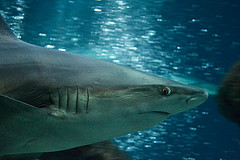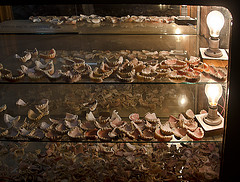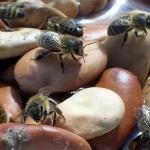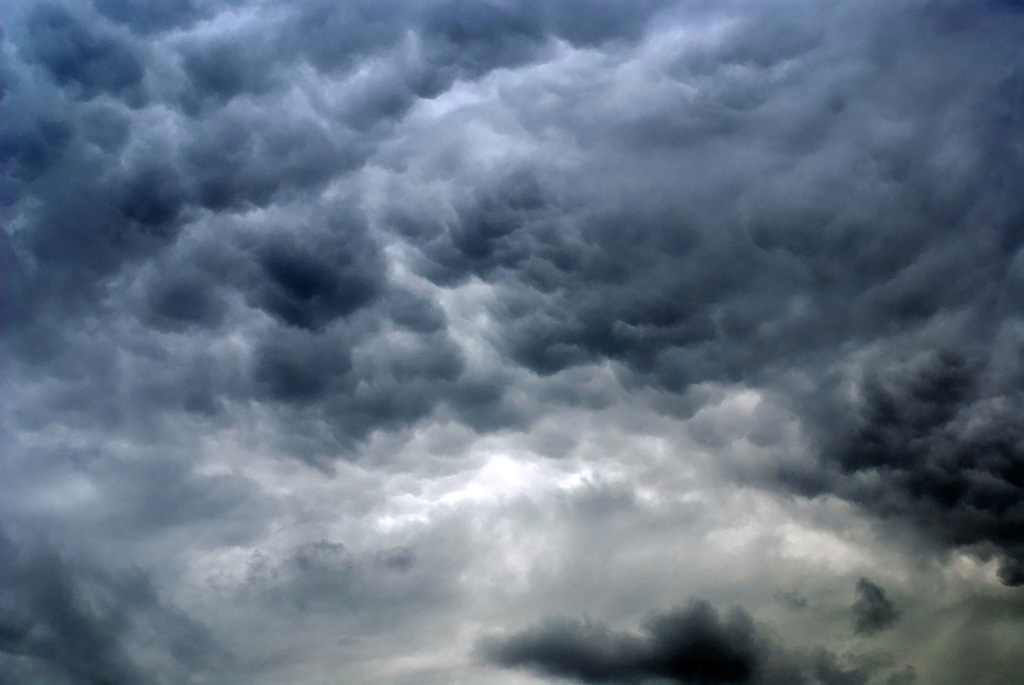Jessica Afshar’s “The Lake” is startling with its series of absences: a drowning child, a distraught mother, a missing father, and a Dive Rescue Specialist on an absurd search of his own. The sentences are often abrupt and startling, but asks readers to consider the connections between death and survival.
[SM]
“Ullswater – Lake District” Emma Barr, used under CC BY-NC-SA 2.0








